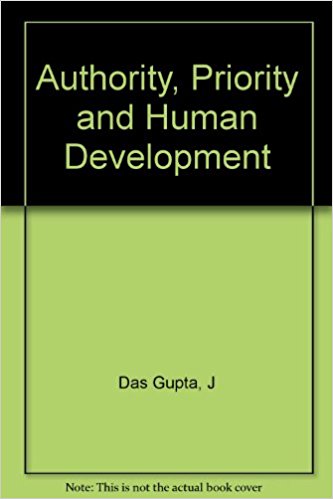There is a common adage in American academic par¬lance, ‘publish or perish’. The theory justifying this saying is that the compulsion for publishing makes it pro¬bable that only some publica¬tions will be worthwhile in terms of new ideas and inno¬vations. It is perhaps too tall a claim to say that gradualist reform as a strategy for human development is any¬thing new or innovative. It is an oft-beaten track among academics, administrators and politicians, particularly after the Second Great War. Neither is it novel to undertake politi¬cal analysis of development processes at different epochs in human history. In fact, the politico-economic debate on the development process bet¬ween Marxist and non-Marxist theorists is well known. The debate has simply intensified in the last few decades, with the advent of the ‘cold war’ and ‘spheres of control’ between the super¬powers on the one hand, and a widening gap between the developed North and under¬developed South on the other.
Jan-Feb 1982, volume 6, No 4

